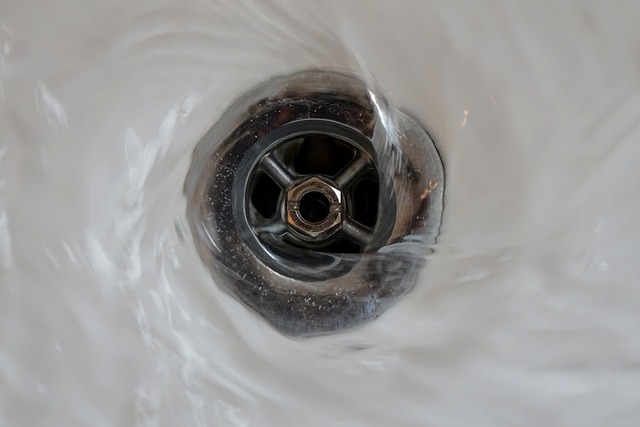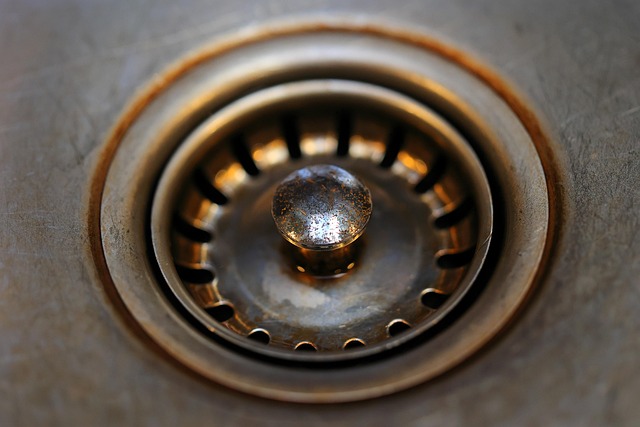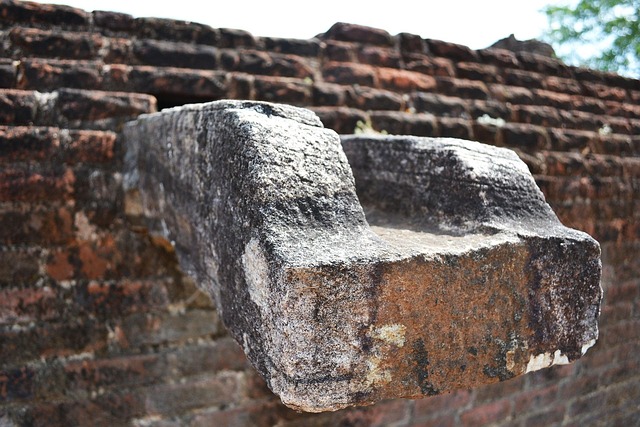Recognize common warning signs of a clogged drain, such as slow drainage and unusual odors, to prevent costly repairs like total drain failure or sewage backup. Regular maintenance, including using natural cleaners, avoiding flushing non-biodegradable items, and installing drain covers, is crucial for prolonging your plumbing system's lifespan and minimizing the risk of major issues.
Tired of that persistent, annoying drain backup? It could be more than just an annoyance—it might be a warning sign of a serious problem. Recognizing the common signs of a clogged drain is key to preventing costly repairs. This article guides you through everything from identifying blocked drain symptoms to understanding the potential financial impact of ignoring them. Learn proactive measures to keep your drains flowing smoothly and avoid unexpected plumbing headaches.
- Recognizing Common Warning Signs of a Clogged Drain
- Understanding the Potential Costs of Ignoring These Signs
- Proactive Measures to Prevent Costly Drain Repairs
Recognizing Common Warning Signs of a Clogged Drain

Recognizing Common Warning Signs of a Clogged Drain
One of the most frustrating experiences is facing a backed-up drain, often at the most inconvenient time. So, how do you know if your drain is about to become a costly headache? The first step is to be aware of the common signs that signal a clogged drain. One of the earliest indicators is a slow draining sink or bathtub—if water takes an unusually long time to clear away, it could be a red flag. This lag isn’t just noticeable when you run hot water; even cold water can reveal a potential issue if it drains at a significantly slower pace than usual.
Another sign to watch for is gurgling sounds coming from your drain. These noises often occur when air can’t pass through the pipes, typically due to a partial blockage. Additionally, unusual smells emanating from your drains—a combination of sour and rotten egg odors—are another clear indication that something is amiss. If you notice any of these signs, it’s wise to act promptly; addressing clogs early can prevent more serious (and expensive) drain issues from developing.
Understanding the Potential Costs of Ignoring These Signs

Ignoring the early warning signs of a clogged drain could lead to significant and costly repairs. Small issues like persistent slow drainage or unusual odors often indicate a developing blockage. Failing to address these symptoms may result in more severe problems, such as total drain failure, backing up sewage, and even structural damage to pipes. The cost of fixing these complex issues far exceeds the price of a simple maintenance check or drain cleaning service. By recognizing and acting on the signs of a clogged drain early, you can save yourself from costly emergency repairs and maintain the longevity of your plumbing system.
Proactive Measures to Prevent Costly Drain Repairs

Regular maintenance is key to avoiding costly drain repairs. Proactive measures can help prevent clogs and slow down the deterioration of your plumbing system, saving you money in the long run. Start by installing drain covers to catch hair and other debris, especially in bathrooms and kitchens. These simple devices can prevent significant blockages that lead to expensive emergency calls.
Additionally, using a mix of baking soda and vinegar as a natural cleaner once a month can help clear minor clogs and maintain the health of your pipes. Avoid flushing non-biodegradable items like wipes, tampons, or food scraps down the drain to prevent build-up. Regularly inspect your drains for any unusual gurgling sounds or slow drainage, which could be early Signs of a Clogged Drain, warranting immediate attention before turning into major issues.
In conclusion, recognizing the subtle signs of a clogged drain early on is key to avoiding expensive repairs. By understanding these warning signs and taking proactive measures, homeowners can save money and minimize disruptions. Don’t let a small issue escalate; address it promptly to keep your plumbing system running smoothly. Stay vigilant, act preventively, and you’ll avoid the costly drama that comes with ignored drain problems.
